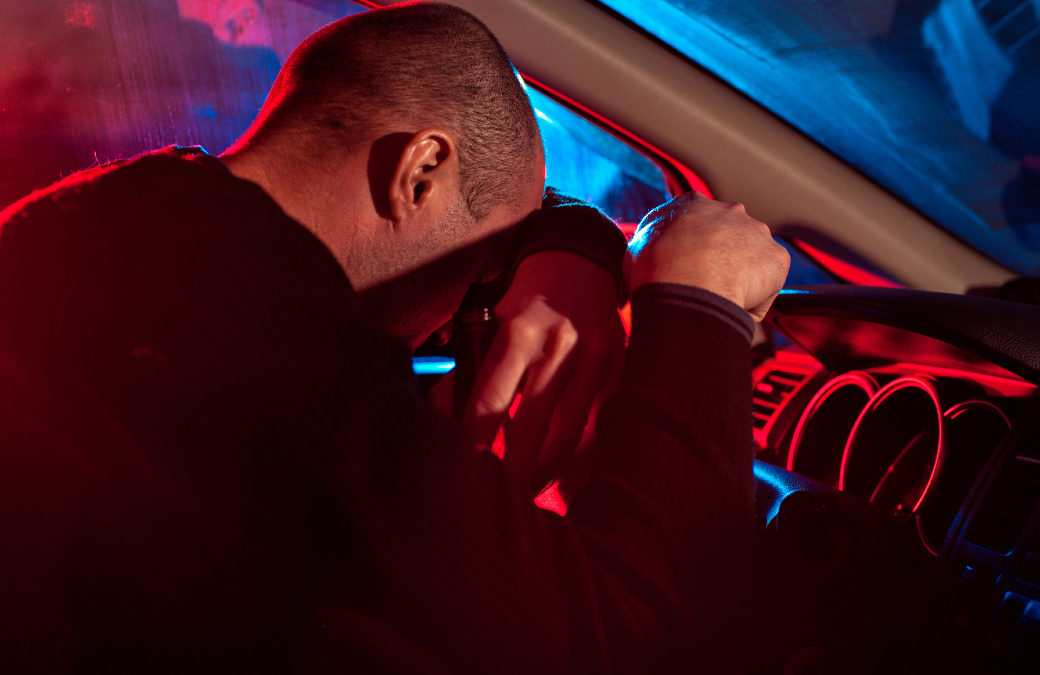Setareh Law
November 24, 2021
With the legalization of recreational marijuana, some people might find themselves wondering whether or not driving while high is legal. California Vehicle Code 23142(f) states that “it is unlawful for a person who is under the influence of any drug to drive a vehicle.”
Under this law, a drug is any substance or combination that is not alcohol that affects the nervous system, brain, or muscles. If a side effect of the drug impairs a person’s cognitive functions and ability to drive, then it is illegal to drive under the influence of that drug. This definition is not limited to illegal substances. It also includes certain over-the-counter and prescription drugs. Marijuana can affect a driver’s reaction time, balance, coordination, and judgment. Although recreational use of marijuana is legal, it is not legal to drive while high.
What Is the Legal Limit for Driving While High?
While there is a determined legal limit on a driver’s Blood Alcohol Concentration (BAC), there is no specific legal limit for drug levels. The lack of a specific drug level allowed while driving is due to the fact that experts cannot agree on what concentration of a drug in the bloodstream impairs someone’s ability to drive.
Under the law, a person drivers under the influence of marijuana when they consume cannb=ibus (thus impairing their driving abilities) and proceed to drive.
How Do Police Officers Determine a Driver Is under the Influence of Marijuana?
When officers pull over an individual because they suspect the driver is under the influence, they conduct field sobriety tests. The arresting officer will also administer a breathalyzer test to check for alcohol levels. If the BAC is below the legal limit, but the driver still demonstrates effects of intoxication, then the officer might suspect drug use. Evidence that can be used to determine if a driver is high includes:
- Driver’s driving patterns
- Driver’s statements to a police officer
- Physical symptoms (e., dilated pupils, rapid heart rate, the odor of marijuana, or red eyes)
An arresting officer can administer a mouth swab test to check for drugs in the driver’s system and call a drug recognition expert.
What Is a Drug Recognition Expert, and How Do They Determine If a Driver Is High?
A drug recognition expert (DRE) is a law enforcement officer trained to help officers identify a driver under the influence of narcotics. Not all California counties have DREs, which means not all drivers suspected of driving high will undergo a DRE evaluation. Should a DRE be called to the scene, they will conduct a twelve-step evaluation that includes the following procedures:
- Confirm the driver’s BAC is not indicative of alcohol impairment
- Interview arresting officer
- Check driver’s physical symptoms: look for track marks, pupil size, traces of drugs
- Conduct an eye-tracking exam: check for involuntary jerking of the eye
- Re-administer field sobriety tests
- Asks the driver about their drug use while observing their behavior
- Have driver submit to a blood or urine test
A driver does not have to answer the DRE’s question or take any of the field sobriety tests. The driver has the right to exercise their fifth amendment right against self-incrimination. Unless the driver is arrested, there are no consequences for refusing a chemical test as long as the driver is over twenty-one years of age and is not currently on DUI probation.
Contact the California Personal Injury Lawyers at Setareh Law Today
Sometimes drivers make the mistake of driving while high. Unfortunately, this can be a costly mistake that results in a car accident. It can be incredibly overwhelming to sustain injuries during an accident caused by someone else’s poor judgment. At Setareh Law, our personal injury attorneys are dedicated to helping our clients recover the benefits they deserve for their pain and suffering.
Setareh Law is a highly accomplished personal injury law firm with the resources and experience needed to help accident victims recover full and just compensation throughout California. For a free case evaluation, you can visit our website and fill out our contact form or call (310) 659-1826.


